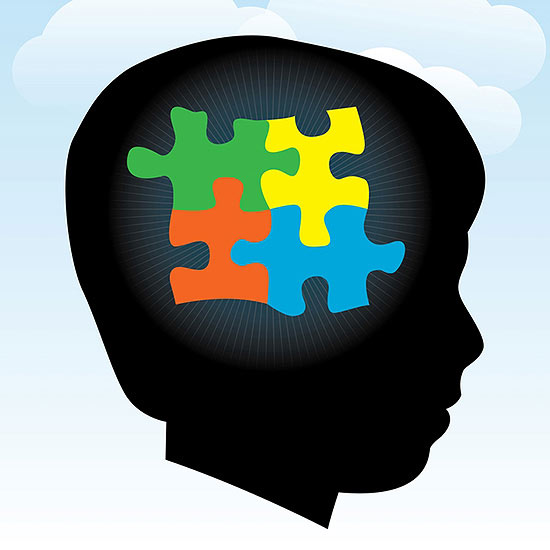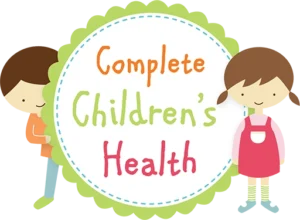Autism Spectrum disorders are continuing to rise, and no one knows why, but at Complete Children’s Health we have found that it could be due to better awareness and better, earlier, diagnosis. 
ASD usually appears early, and most parents know that their child isn’t meeting the standard development stages at the same rate as their peers. While some children can develop at different rates, there are signs that parents and carers notice which may need to be looked at and the earlier, the better. Nowadays, ASD can be detected with high accuracy for children around 18 months to two years old.
As a parent of a child at this age, you may see:
- Delayed speech
- Not playing socially
- Lack of contact
- No pointing or gestures
- Inability to play socially
Sadly, there is no cure for ASD and no “standard” treatment course as every child is different. Though all medical practitioners agree that the earlier intervention begins for children with ASD, the more dramatic a difference it makes to their lives.
For example; early intervention can improve social and communication skills during infancy, and this has the potential to help improve the child’s later development significantly. Also, early intervention can alleviate problem type behaviours which can become habits.
Children who start treatment younger show significant gains and have more opportunities to be placed in a classroom setting.
If you feel your child may be struggling, it’s best to recognise this earlier to put appropriate support systems in place.
Be aware that females are better at hiding their autism. There is research to suggest autistic females only get picked up once they hit a crisis point—i.e., they only receive an autism diagnosis once they’ve been referred to other mental health services for things like depression, anxiety and eating disorders.
It is not unusual for parents to feel that the signs they are seeing don’t point to autism, but they are not quite sure. An evaluation gives peace of mind and more knowledge about your child. If, as a parent, you have concerns about your child’s development should consider an assessment.

The evaluation process may determine your child does not have autism. But it may reveal your child has other needs, like the need for speech therapy. It’s normal to feel overwhelmed by what might be ahead of you, whether it’s ASD or another special healthcare need. Rest assured as we work with Allied Health professionals skilled at working with children no matter what their needs are and are here to help.
We know there is a lot of stress in caring for a child with autism as it can be challenging for parents and caregivers. But at CCH we help put in place the right strategies and support, along with treatment options to help reduce the effects of ASD and help children thrive. With earlier diagnosis, treatment intensity and longer treatment duration, children with ASD can achieve statistically significant gains and optimal results.
